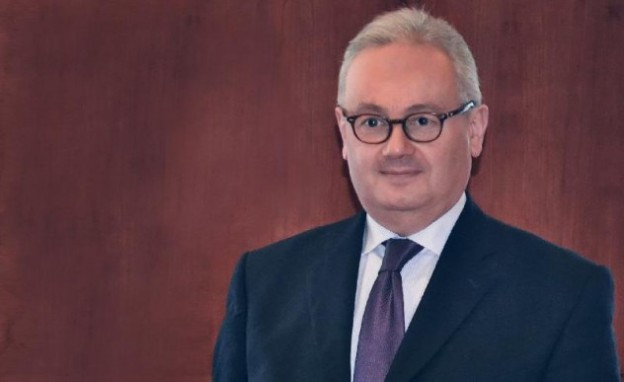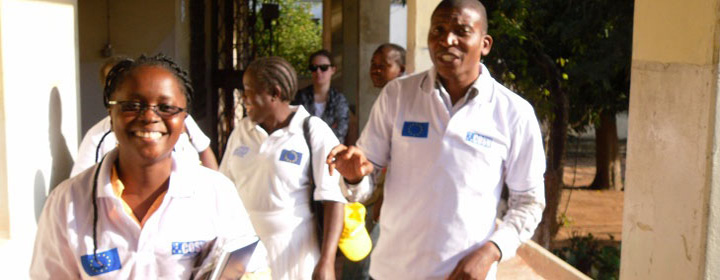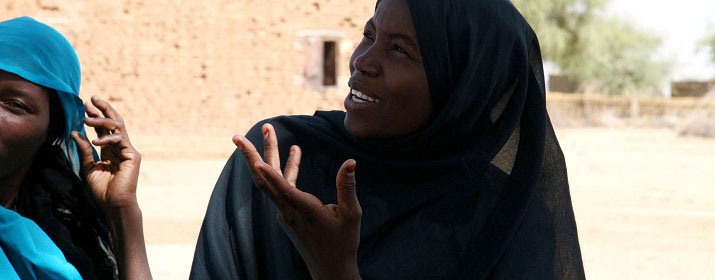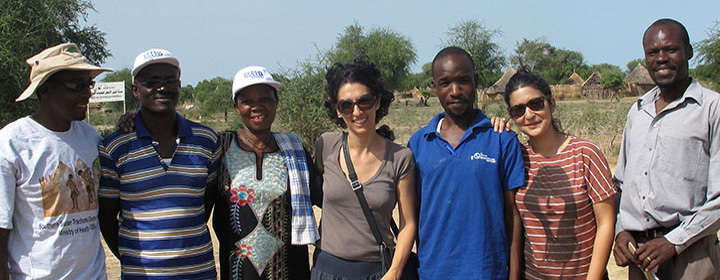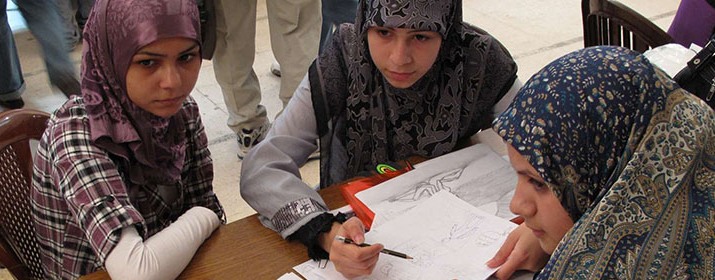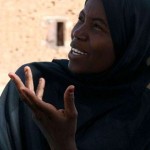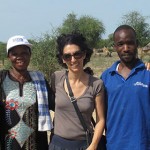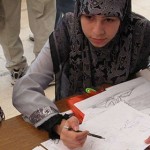ROME – The Italian Ministry of Foreign Affairs, with a dedicated department, is one of the major stakeholders active in international cooperation. The plenipotentiary Minister Giampaolo Cantini, with a diplomatic career as background, is now General Director for International Cooperation.
After the Summit in Addis Ababa, the Italian Government should find the funds to give concreteness to the Development Goals. The Civil Society, at its global level, trusted in the tax on multinational corporations: what are the plans now?
This tax is a shared expectation, but not exactly in the agenda. I’d say we should focus on the agreement signed in Ethiopia, which is an important step toward the UN meeting in September. For what concerns the funds, the key will be the diversification of the financial tools.
Private companies will be the solution?
Private companies are part of the solution. The global economy will hardly come out with new resources and investment funds and corporations and foundations could represent an appropriate contribution. Several NGOs don’t see positively this possibility, they point out some gaps with the profit within the regulations of the new Agency, as foreseen by the reform 125/14.
Don’t we risk to generate a “privatization”?
I wouldn’t say so. I’d rather speak about a partnership between profit and non-profit, that takes into consideration investments but also new standards of corporate social responsibility to be defined. The private sector will have a positive role and in this scenario, the main protagonist will be the public in its support for development.
And what’s the role of Italy?
Our commitment is to raise the allocations in the Stability Law. Moreover, we chose to give priority to the Deposit and Loan Fund with a function of development bank and private investors for those sectors which the international cooperation doesn’t invest in – such as energy and infrastructures. Last but not least the Italian System, that can effectively act on this field.
The Italian System?
Italy has a rich social fabric and a strong know-how, an immaterial asset that not all countries have. I’m thinking about the several small and medium size enterprises, social enterprises, cooperatives, social finance institutes and in general the Third Sector that in these recent years of crisis has largely contributed to create a real network of social protection. We have also dozens of NGOs that know how to diversify the funding through co-designed projects. This inclusive model can be the referent point for all countries we support.
The strategic document didn’t take into consideration the consultation principles. Why?
It is to say that the document rises from the shared positions of 2014. With the national council regular activity, the revision planned for 2016 will be surely based on a large consultation.
@CorriereSociale
After the summit in Ethiopia, Minister Cantini says: Third Sector and small enterprises with us for international cooperation | by Luca Mattiucci
